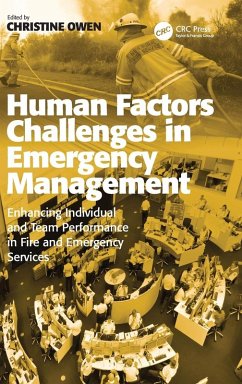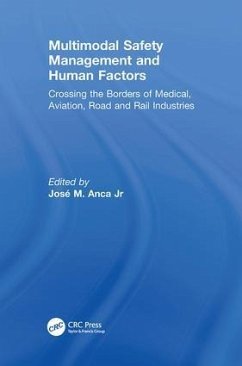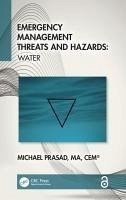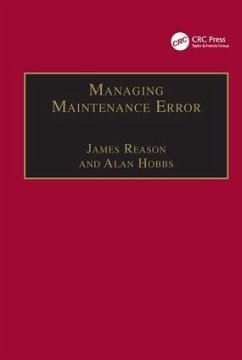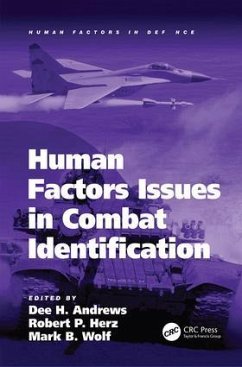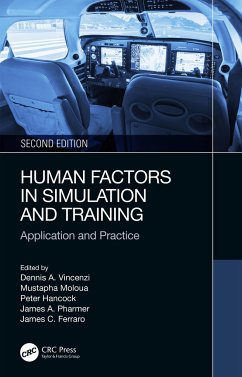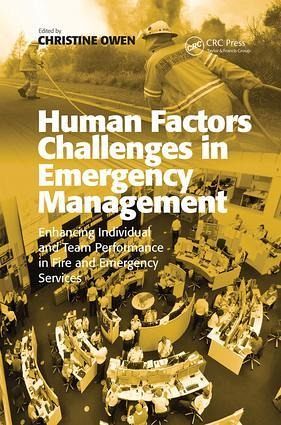
Human Factors Challenges in Emergency Management
Enhancing Individual and Team Performance in Fire and Emergency Services
Herausgeber: Owen, Christine

PAYBACK Punkte
38 °P sammeln!
This book provides an overview of state-of-the-art research that has been conducted within Australia, funded by the Bushfire Cooperative Research Centre. The chapters source and contextualize their own research practice within the context of the international research literature. Therefore, while the research has occurred within Australia it will be of particular interest to scholars, students and practitioners in a number of other countries, particularly within the United States of America and in Europe. The fire and emergency services is a particularly large industry - in Australia alone it ...
This book provides an overview of state-of-the-art research that has been conducted within Australia, funded by the Bushfire Cooperative Research Centre. The chapters source and contextualize their own research practice within the context of the international research literature. Therefore, while the research has occurred within Australia it will be of particular interest to scholars, students and practitioners in a number of other countries, particularly within the United States of America and in Europe. The fire and emergency services is a particularly large industry - in Australia alone it employs 250,000 personnel - yet there is very little by way of published human factors books addressing this sector directly. Emergency events frequently involve problems for which there may be unanticipated consequences and highly interdependent consequential effects. In short, emergency events are not necessarily as containable as may be work in other domains. As Karl Weick once commented, emergency events do not 'play by the rules'. This means that these research chapters tell us something about a potential future world of work that is highly dynamic, interdependent and for which improvisation and critical thinking and problem-solving are necessary pre-requisites. The discussions about individual and team performance will also be pertinent to others working in similar high-reliability, high-consequence domains. The chapters connect into an integrated body of work about individual and group performance and their limitations.





